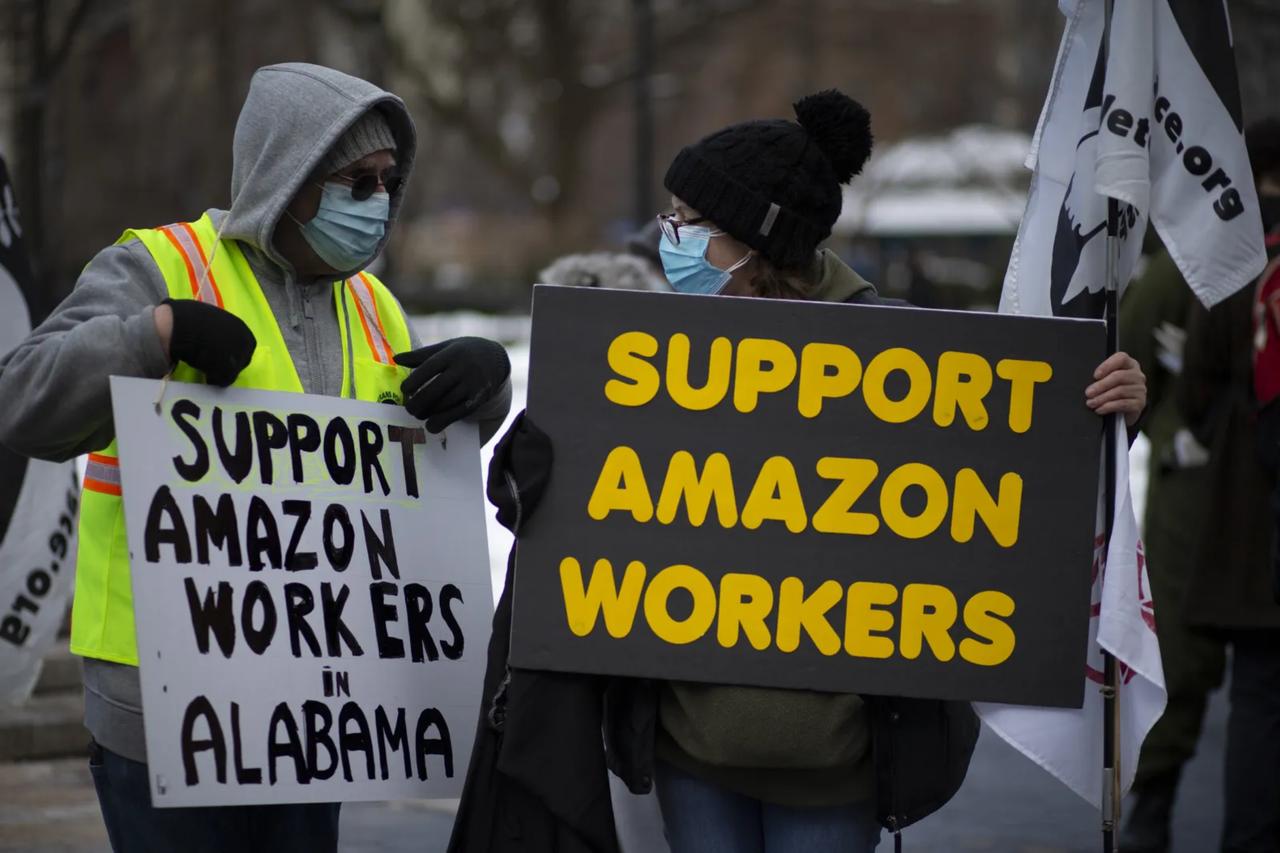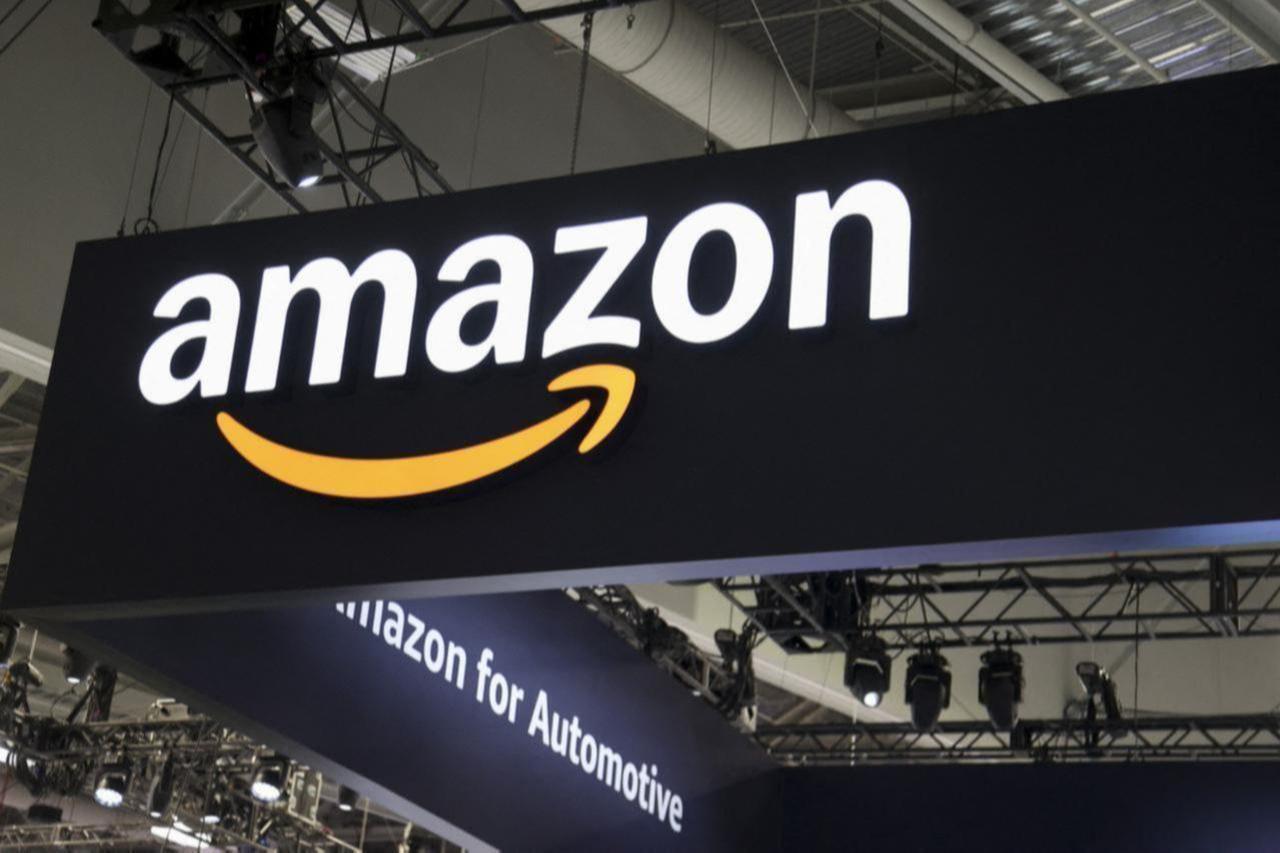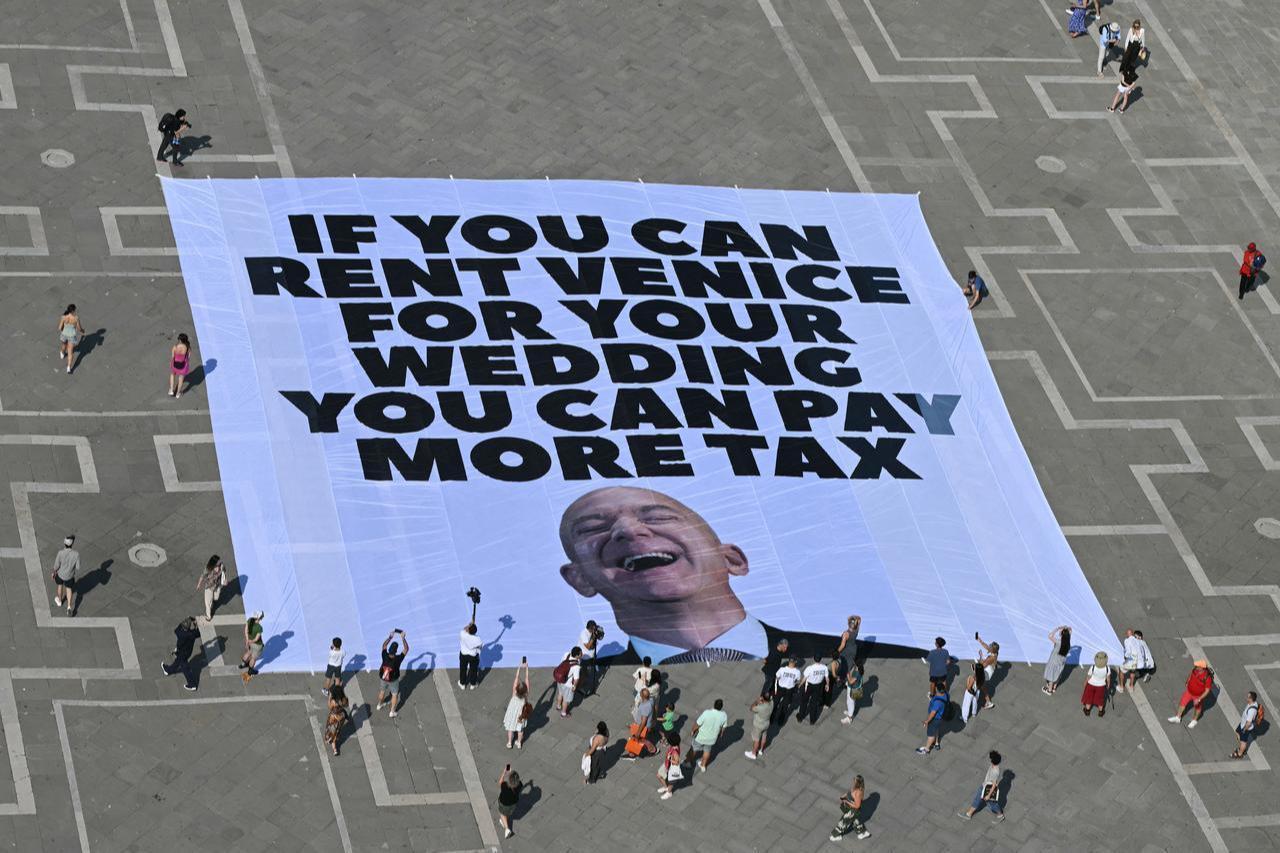
Demonstrations against Amazon are expanding across more than 30 countries this Black Friday to Cyber Monday, as workers, unions, tech employees, environmental groups, and human-rights organisations challenge the company’s power.
The actions form part of the "Make Amazon Pay" campaign, now in its sixth year, and follow a growing wave of labour unrest, consumer boycotts, and political pressure in the United States and Europe.
Organisers say the campaign grew sharply this year because Amazon’s reach extends far beyond retail and now shapes logistics, cloud computing, border enforcement technologies, and political lobbying.
Critics argue that this expanding footprint deepens inequality, weakens democratic rights, and exposes workers to unsafe conditions.
Christy Hoffman, general secretary of UNI Global Union, said Amazon “squashed workers’ right to democracy on the job” and added that the company’s model “is deepening inequality and undermining the fundamental rights of workers to organise, bargain collectively, and demand safe, fair workplaces.”
David Adler of the Progressive International described Amazon as “a pillar of a new authoritarian order built on surveillance and exploitation” and said its technologies tie into global systems of violence.

Workers across Europe, the United States, Asia, Latin America, Africa, and Australia are preparing strikes, walkouts, street demonstrations, digital campaigns, and projection stunts.
Organisers say nearly every part of Amazon’s global operations will face some form of action.
Planned protests include:
Reports of escalating pressure inside warehouses fuel much of the anger. In Manesar, India, worker Neha Singh said summer heat turned the facility into “a furnace.”
She described staff fainting on the job and said workers faced punishment if they attempted to take sick leave.
“Even if we fainted, we couldn’t take a day off and go home. If we took that day off, our pay would be cut, and if we took three days off, they would fire us,” she said.
Environmental groups also warn about Amazon’s role in climate damage. Greenpeace International campaigner Sanna Ghotbi described the company as “a clear-cut example of Big Tech’s expanding, destructive impact on people and the planet.”
The "Make Amazon Pay" coalition demands that Amazon give fair wages, pay taxes proportionately, and assume responsibility for environmental harm linked to its growth.

The protest wave coincides with an internal challenge from more than 1,000 Amazon employees who signed an open letter criticising the company’s rapid expansion of artificial intelligence.
The letter warns that Amazon’s “all-costs-justified, warp-speed approach to AI development” risks “staggering damage to democracy, to our jobs, and to the earth.”
The campaign, led by Amazon Employees for Climate Justice, drew more than 2,400 external signatories from organisations including Google and Apple.
Signatories inside Amazon include senior engineers, marketing staff, product leaders, and warehouse workers. A senior engineering manager with more than 20 years at the company said the push to accelerate AI had “empowered executives to trample workers and the environment.”
The group warns that Amazon’s data-centre expansion will create a major climate footprint. Workers said emissions have risen about 35 percent since 2019 and noted statements inside the company about a ten-fold increase in data-centre demand by 2027.
One employee said a reported 9 percent reduction in water use represented “such a drop in the bucket.”
The internal pressure comes after Amazon confirmed plans to cut around 14,000 jobs “to better meet the demands of the AI era.”
Some staff say new AI tools impose unrealistic expectations, with one employee describing the systems as “slop” that still lacks reliability but is being forced into daily workflows.
Amazon spokesperson Brad Glasser said the company remains committed to reaching net-zero emissions by 2040 and added that progress “will not always be linear.”

In the United States, Black Friday also brings a separate nationwide boycott that targets Amazon, Target, and Home Depot.
The campaign, known as "We Ain’t Buying It," runs from November 27 to December 1 and calls on consumers to avoid the three retailers during one of the busiest shopping periods of the year.
Organisers say the companies “enable this administration” and undermine democracy through political donations, changes to workplace policies, or cooperation with government agencies. The group 50501 leads the campaign and says it aims to reclaim consumer power.
The boycott targets each company for different reasons:
Organisers of the boycott say economic pressure is a tool to challenge political influence. Adobe Analytics reported that US consumers spent more than $41 billion online between Thanksgiving and Cyber Monday last year, and nearly 200 million Americans shopped at some point during the weekend.
"Make Amazon Pay" organisers say this year’s actions show the scale of concern over Amazon’s influence on labour rights, surveillance technologies, environmental harm, and political power.
They argue that Amazon benefited from tax cuts after funding Donald Trump’s inauguration and note that the company paid $1.4 billion less in tax than the same period last year.
Campaigners describe the current moment as a convergence of disputes over technology, democracy, and workplace conditions.